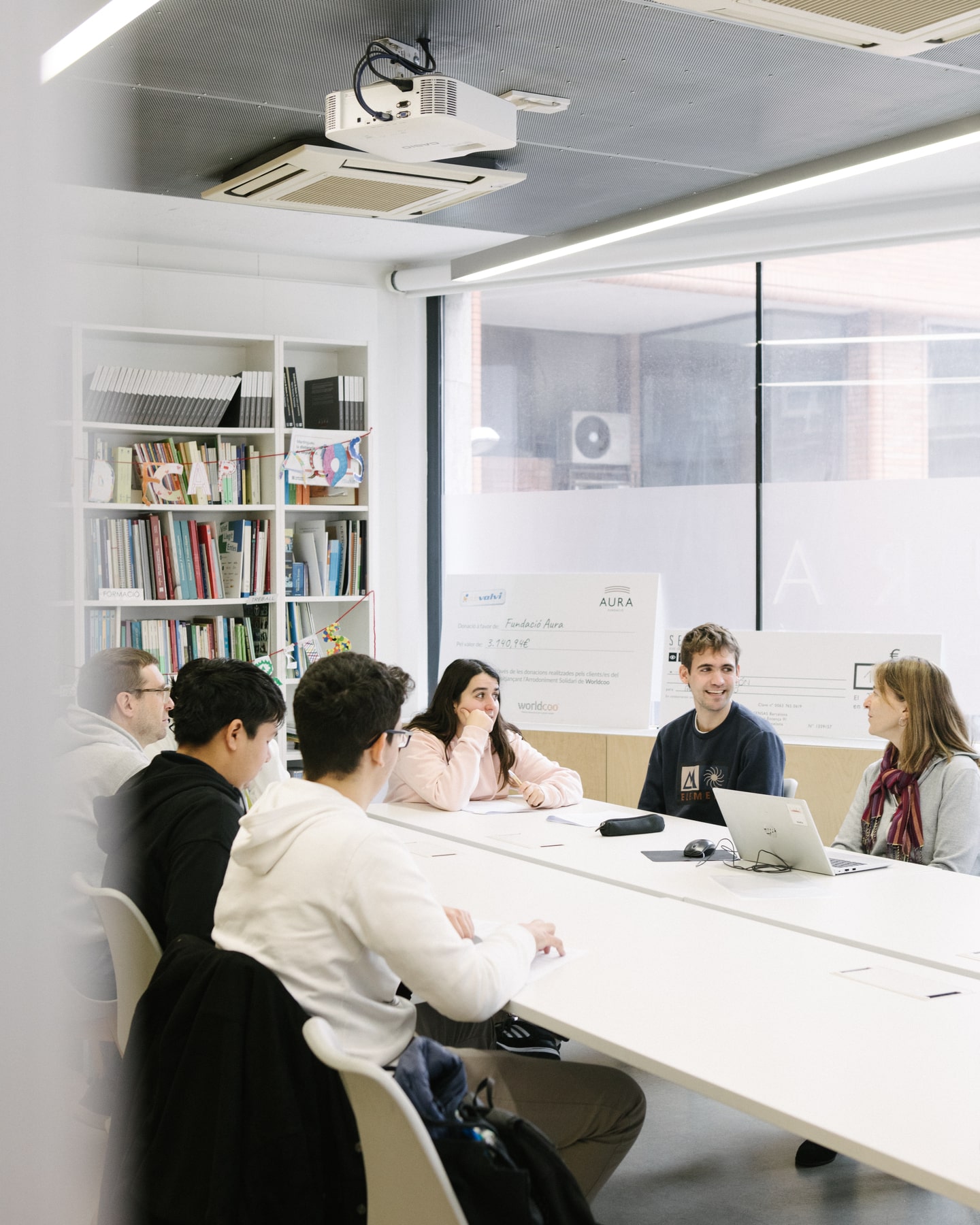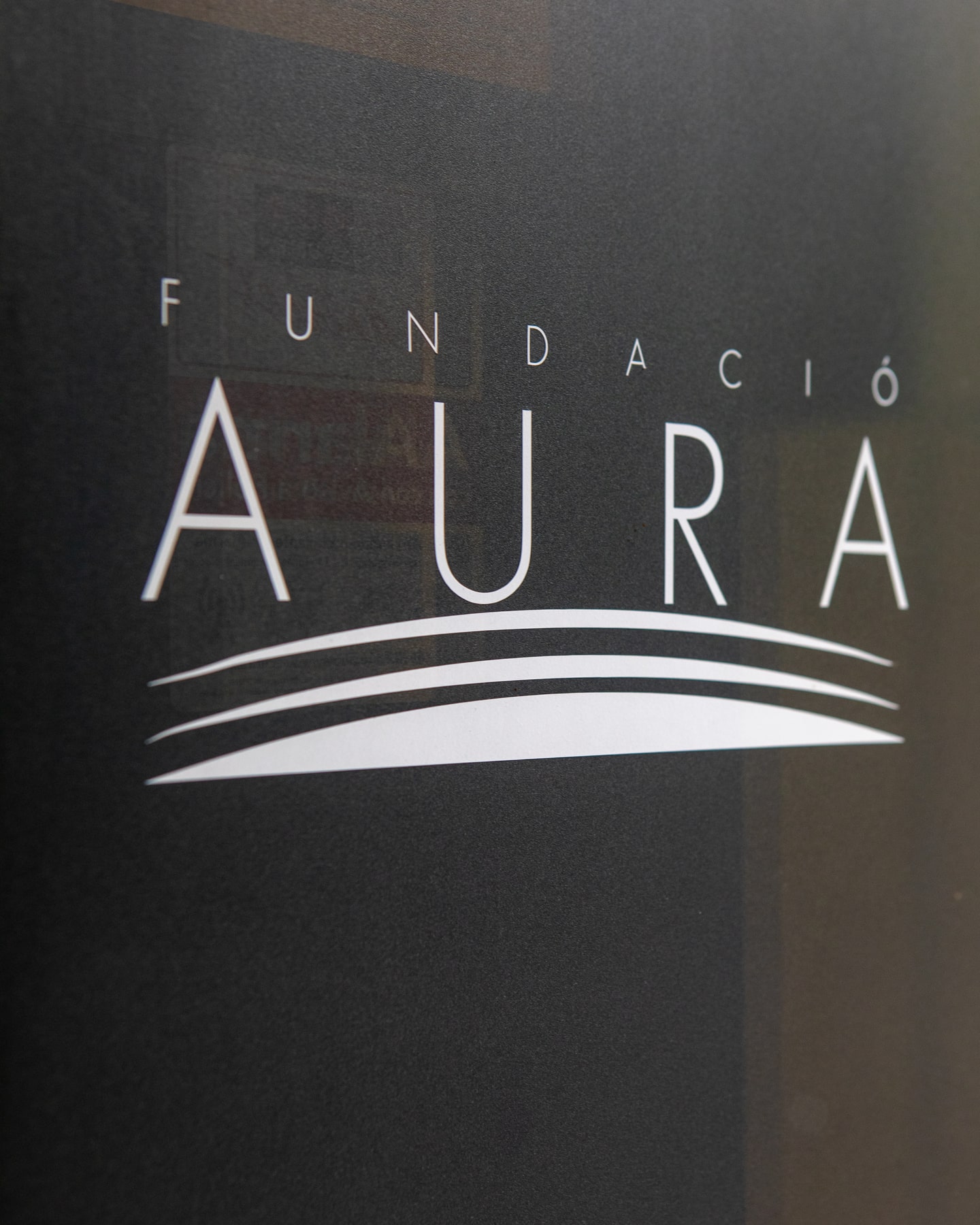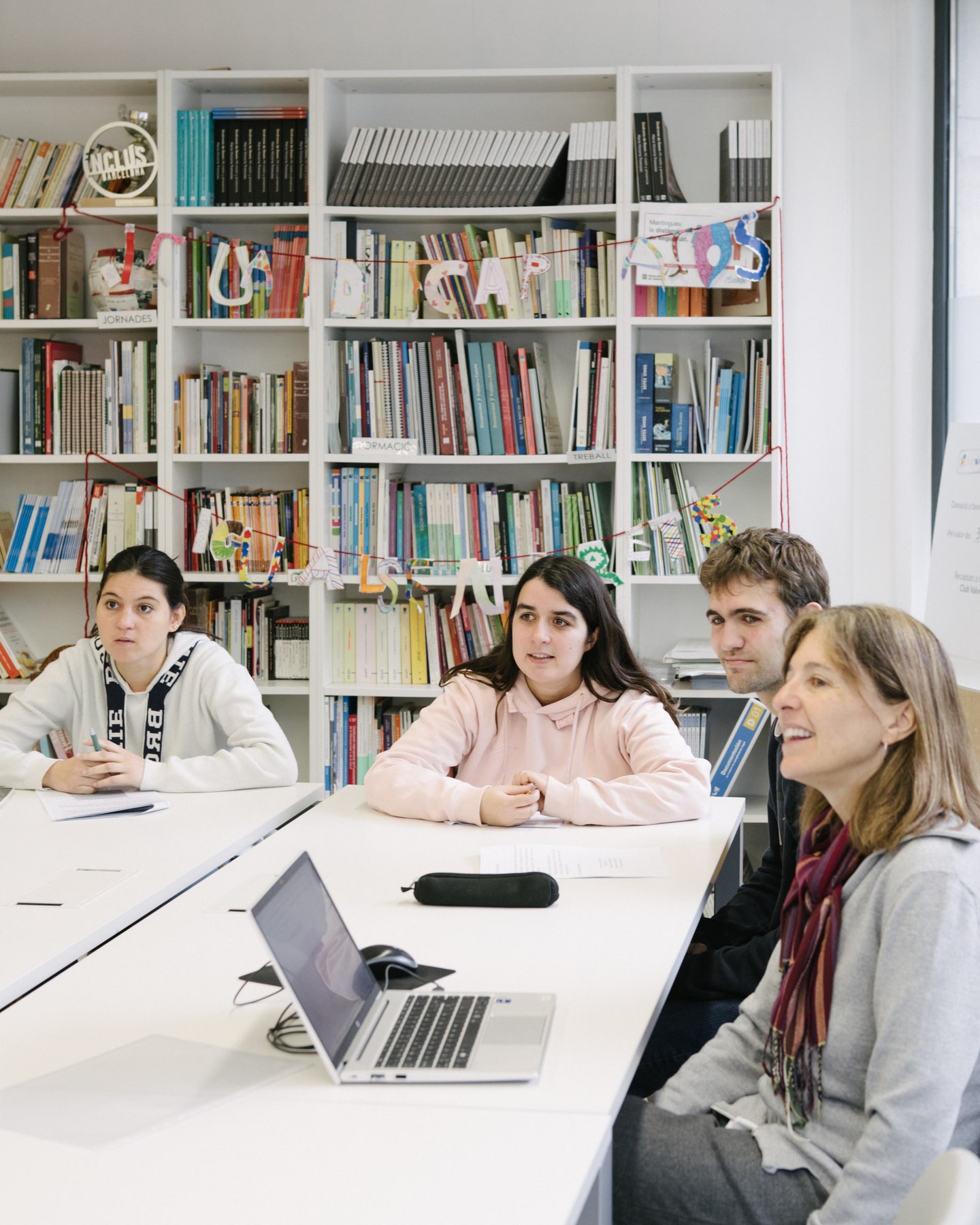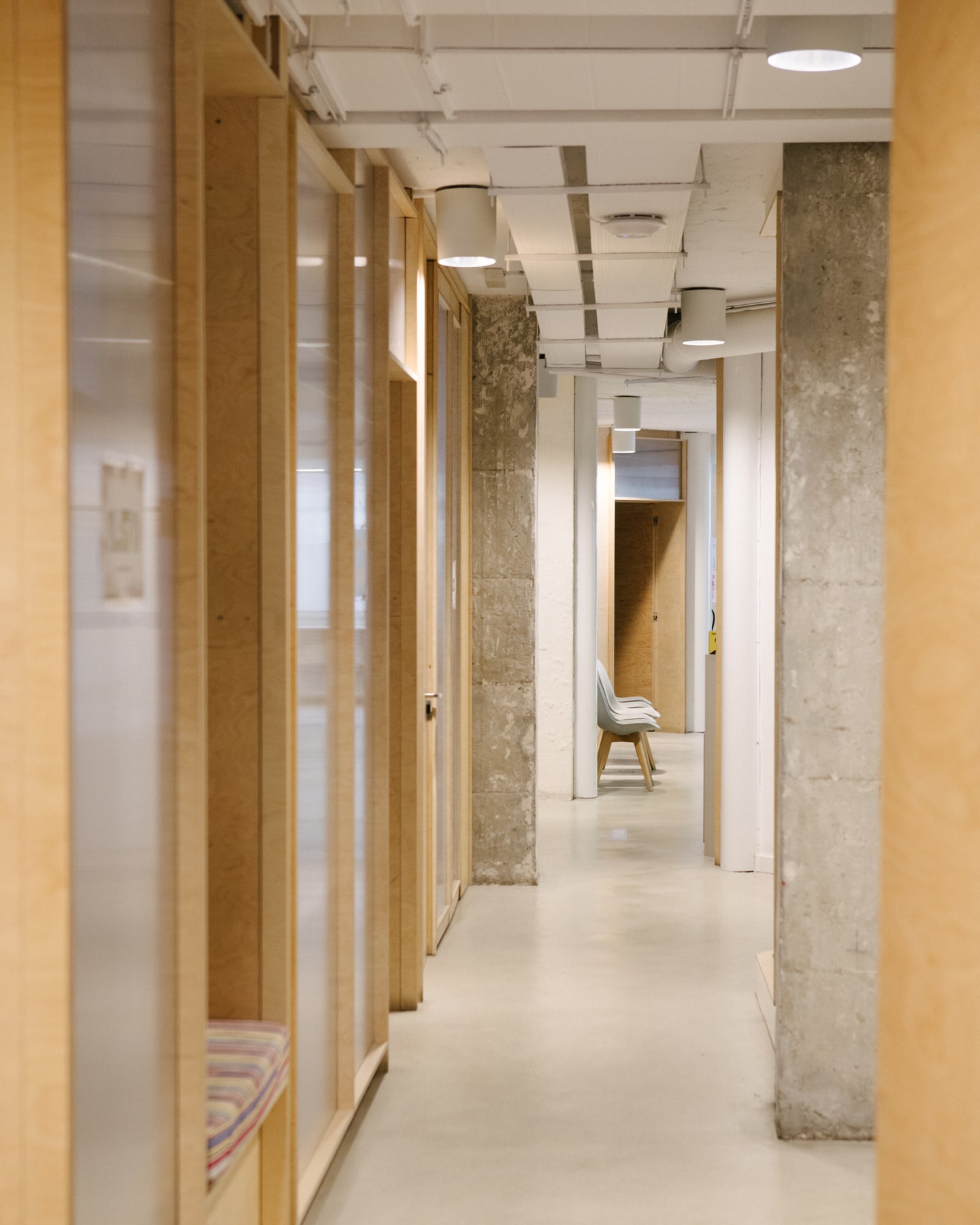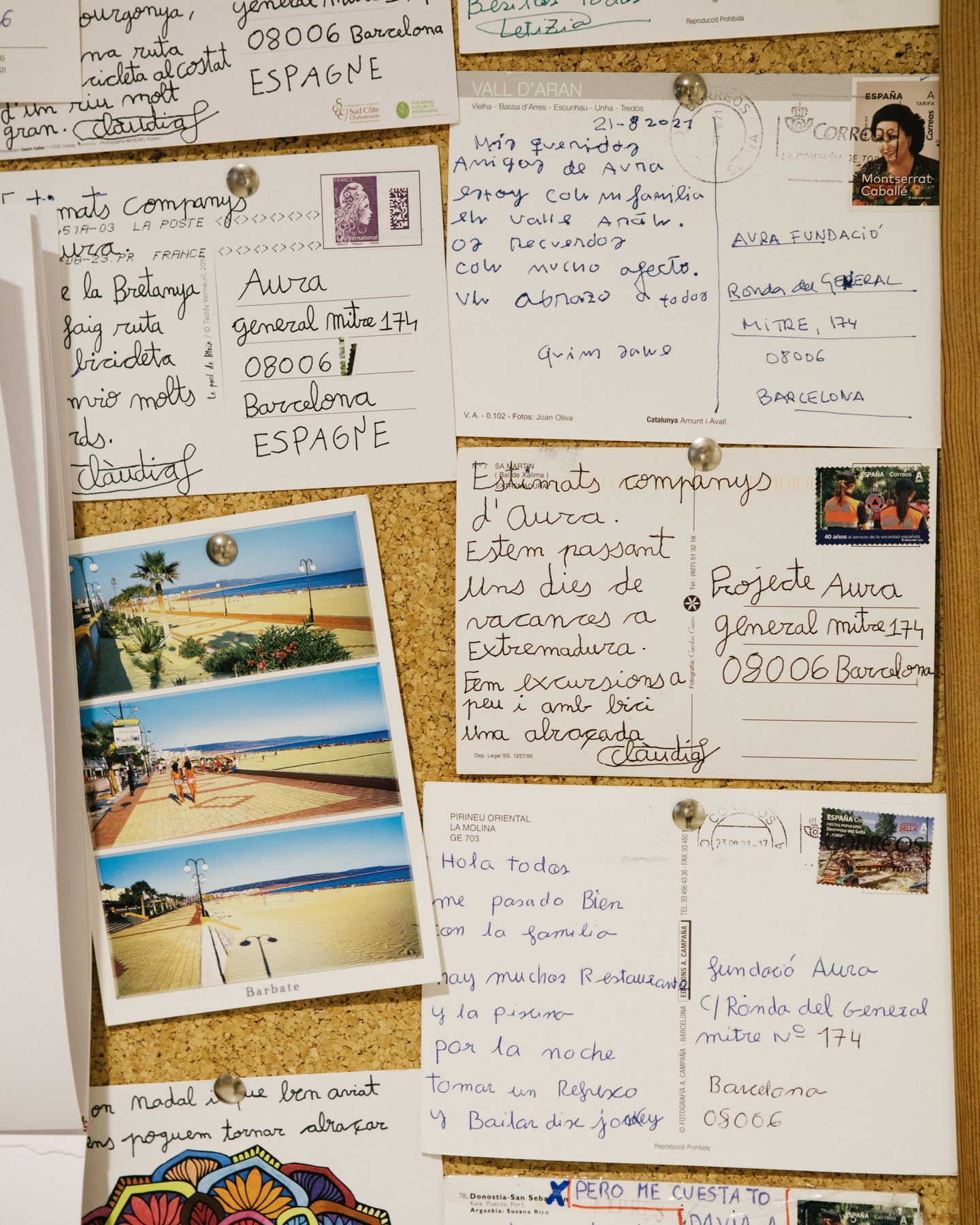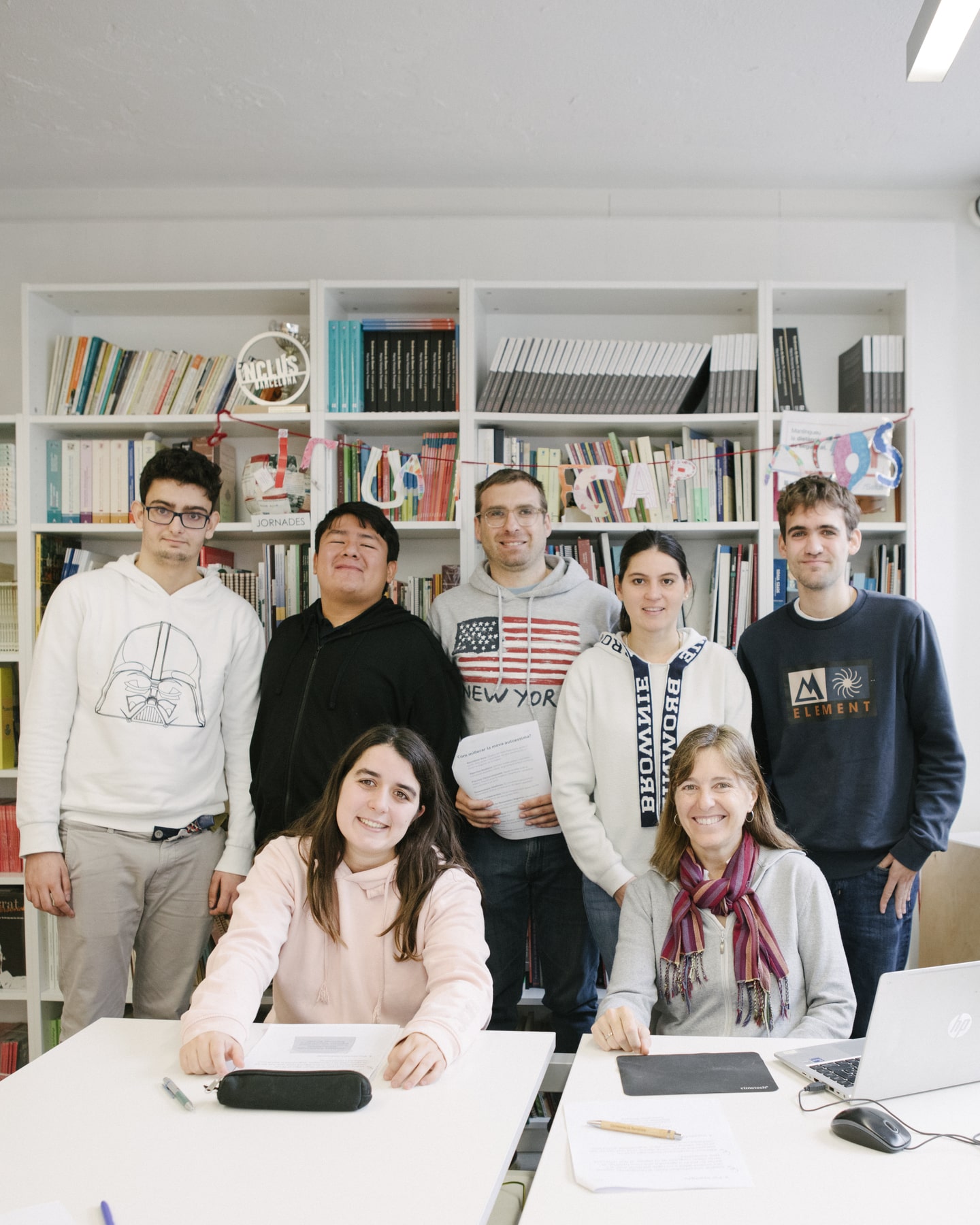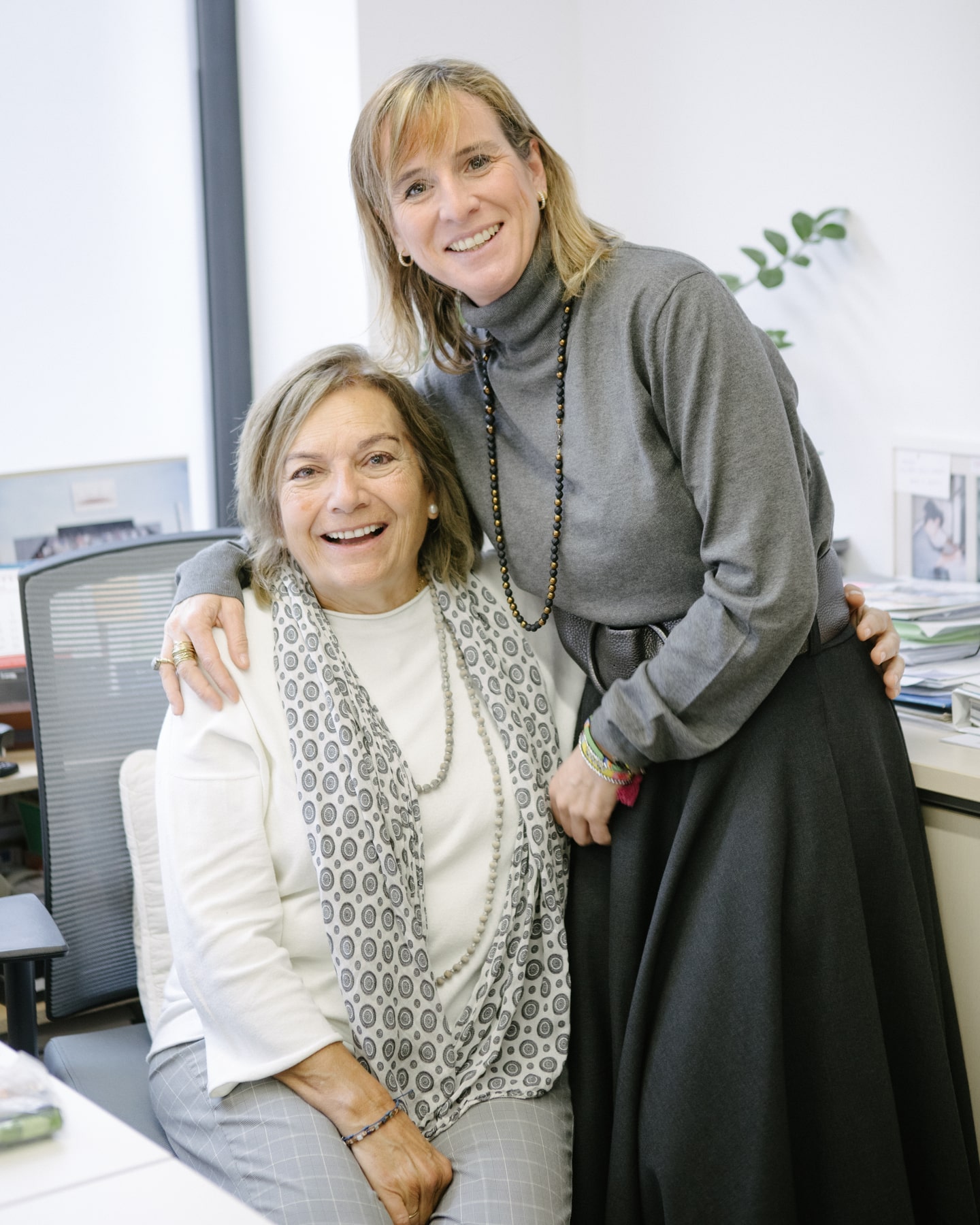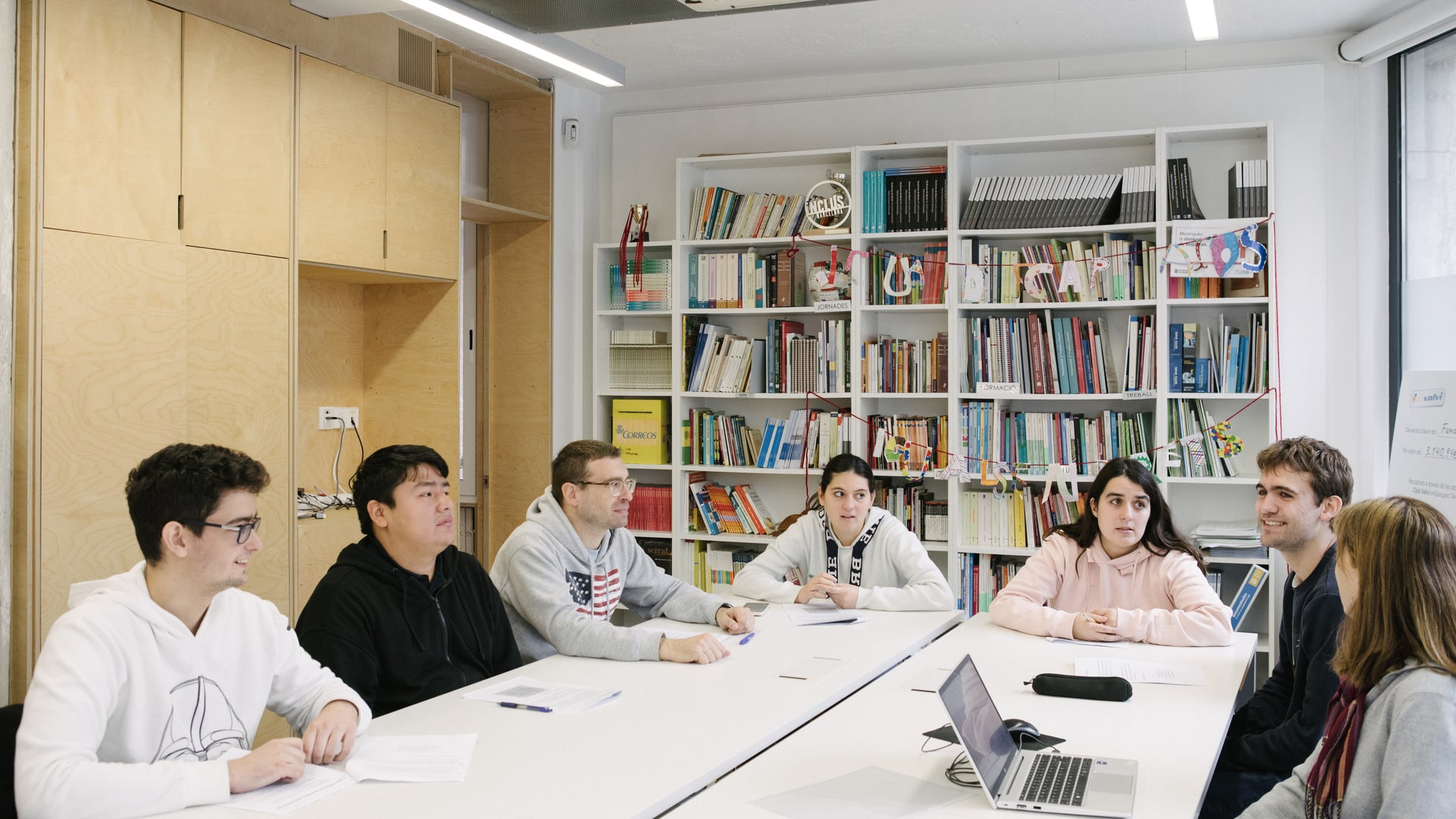 Photo by Claudia Ferri
Photo by Claudia Ferri
Improving the lives of people with intellectual disabilities through social and work inclusion in Barcelona
Grantee: Fundació Privada Projecte Aura
Location: Spain, Europe
Grant Cycle: 2023 – 2026
Type of Grant: three-year program support,
Delegació a Catalunya, Human Welfare
Website: aurafundacio.org
Delegació
a Catalunya
The Aura Project was started in 1989 to help improve the lives of people with intellectual disabilities through social and work inclusion in the Barcelona area. AURA was created to offer a different opportunity, a new formula to the path of “normalisation” initiated by the integration at school stages and coinciding with the implementation of the new law 12/1982. L.I.S.M.Y which in its first article said: “The main purpose of the employment policy for disabled workers will be their integration into the ordinary employment system or, if this cannot be done, their incorporation into the productive system through the special formula of protected employment”. AURA’s innovative approach to this work is grounded in the “Supported Employment” methodology, which it pioneered the use of in Spain and in Europe. Originally developed in the United States at the end of the 1970s, the methodology was revolutionary for its recognition of the rights of, and improvement in the quality of life of, people with intellectual disabilities. By using this methodology, AURA opened up the possibility for many people to work in professional environments by offering them personalised support to ensure their success.
People with intellectual and developmental disabilities (IDs) often require different types and levels of support to fully participate in society. According to the WHO, 3% of the population in industrialised countries have intellectual disabilities. In Spain, there are 230,000 people with intellectual disabilities and approximately 50,000 of them are likely to be employed; 10,000 of them already work in Special Employment Centres; another 5,000 have accessed regular employment, and 35,000 are unemployed, according to data from AEDIS (Business Association for Disability). In Catalonia, 1 in every 100 people has an intellectual disability. There are more than 79,000 people with a recognised intellectual disability, excluding those with intellectual disabilities who have not been diagnosed, or who do not have a disability certificate. Despite the adoption of the Convention on the Rights of Persons with Disabilities over 10 years ago, the lack of resources, training and social stigma for those with IDs hinders their full inclusion within the workplace, and they are often denied their right to live and work under the same conditions as others.
AURA is committed to broadening the range of opportunities available to people with IDs and to help them grow both professionally and personally via three strategic axes: improvement of learning, digital transformation and applied research to the labour integration laboratory. The incorporation of those with intellectual disabilities into the workplace plays a vital role in their ability to connect with others and achieve some independence. According to AURA, adequate prior training is necessary in order for those with IDs to successfully integrate into the ordinary employment system. This training should be maintained throughout their lives according to their needs. Unfortunately, training that is tailored to the specific needs of those with IDs is very scarce. For this reason, AURA has always been dedicated to offering training services with cognitively adapted content for various competences in order to guarantee inclusive and equitable training. The technological revolution of the past few decades has transformed the education system by introducing new learning strategies and encouraging educators to put aside the traditional methods in favour of new teaching alternatives. Advances in technology allow for an improved quality of life and more diverse learning opportunities. When it comes to working with those with IDs, technology can be an important tool for individualising and adapting content. It can be made to work according to the needs of each student and respect the work rhythms of each person.
The creation of the Elsa Peretti Academy allowed AURA to boost the quality of care and improve the training of people with IDs in the Barcelona area. Supported by the Nando and Elsa Peretti Foundation – Delegació a Catalunya, the Academy has bolstered leadership within networks and alliances in the metropolitan area of Barcelona, positioning itself as a leading entity in pioneering learning methodologies and strategies. A special emphasis has been placed on technology as a tool to reduce the divide that exists for people with disabilities as they work alongside others in a highly digitised society. Moreover, the project aims to incorporate tools that assist people with IDs communication skills, such as applications with pictograms, screen magnifiers, communication tables, on screen keyboards, subtitles, access to easy-to-read programs or voice synthesisers. AURA also developed a series of artistic activities in various disciplines (dancing, singing, reading, theatre, drawing, photography, etc.) with the aim of promoting creative and artistic expression of people with IDs. This allows them to develop their skills and abilities, to take on challenges, increase their self-esteem, improve their communication skills and to enhance their social integration.
The Elsa Peretti Academy has five main objectives:
- Be a training centre for people with intellectual disabilities in Barcelona and Catalonia, with technology adapted to their needs.
- Provide continuity to the online training project in order to offer quality training to people with intellectual disabilities in Catalonia.
- Communicate and highlight this project to become a reference centre in the field of intellectual disabilities and the business network.
- Establish new alliances to guarantee the quality and viability of the project and its continuity over time.
- The objective is to have one of our courses approved by the Generalitat de Catalunya.
The ten-year goal is to provide direct care to 350 more people, which, added to the 330 people already served today, means that 680 people will be housed at AURA and at the Training Centre, from the age of 17 until the end of their independent life.
“The Elsa Peretti Academy will provide new opportunities for training to people who want to carry on learning, not just to find work, but also to grow, to get better jobs, greater responsibilities or a more autonomous life.”
Maria Cabrè Aura Foundation Director
